Innovative veterinary learning health care system at UF will use AI to improve clinical care and treatments
Computerized records from a robust caseload of animals treated at the University of Florida’s College of Veterinary Medicine could soon become a digital goldmine, embedding research into clinical operations to treat diseases like cancer.
With support from the UF strategic funding initiative, a state-of-the-art, AI-enabled digital imaging platform will be developed to collect, collate, and analyze patient data. This innovative, first-of-its-kind veterinary learning health care system will create a path for the development of precision medicine — medical solutions customized to each patient with the aid of molecular and genomic data sets. It will also address bottlenecks in the pathway to implementing personalized cancer diagnoses and treatments, including the scarcity of veterinary pathologists and the heterogeneous nature of cancer disorders.
“We need to do everything we can to eliminate barriers to cancer treatments, and creating an AI-enabled digital imaging platform will help us do that,” UF President Ben Sasse said. “This will be a transformative project that positions UF as a national leader in cancer treatments and medical innovation.”
The $2.3 million project — $750,000 per year over three years — will create a comprehensive data enterprise that will house a wealth of information drawn from the College of Veterinary Medicine’s clinical caseload across animal species.
“This endeavor will allow us to reimagine the research enterprise to transform the practice of veterinary medicine, and it will position us as a national leader in the use of AI to advance research in animal health,” said College of Veterinary Medicine Dean Dana Zimmel, D.V.M. “The clinical enterprise-driven data warehouse will also serve as a valuable resource for fostering collaborations between clinicians and translational researchers in veterinary medicine and across UF Health.”
The project will drive a perpetual loop of research discovery and clinical quality improvement, added Janet Robishaw, Ph.D., the college’s associate dean for research and graduate studies, who helped craft the funding proposal.
“For researchers, this initiative will drive a continual cycle of discovery and clinical innovation,” Robishaw said. “Whether your dog has cancer, your cat has chronic kidney disease, or your horse has colic, we will have access to a treasure trove of data from previous cases at our fingertips that we can quickly analyze for insights.”
In the first phase of the project, the college will focus on populating the data warehouse with digitized information amassed in diagnostic imaging, an area key to the veterinary oncology practice, as well as cell and tissue data that has been routinely collected from animal patients across UF’s various practice sites. With the second-highest small animal caseload among veterinary academic hospitals nationwide and more than 110,000 total cases, including large animals and field visits, the college offers a rich resource for data collection.
Subsequent phases of the project will deploy applications to resolve diagnostic and clinical problems for client-owned animal patients, as well as develop AI algorithms to establish reliable, preclinical, comparative, and translational research models.
“We plan to leverage our expertise in dog clinical trials to pioneer breakthroughs in cancer research and new drug discovery, fostering multidisciplinary collaborations with outstanding investigators across UF,” Zimmel said. “Importantly, this will have a great impact on the research of rare pediatric oncology in humans, particularly bone cancer, as canine bone cancer is more prevalent than in humans. What we learn in our new clinical trials about tumor vaccines and cancer immunotherapy will contribute to the development of an AI-enabled, bench-to-bedside research pipeline.”
The collective, collated datasets will provide a resource for identifying new biomarker patterns and evaluating their clinical outcomes in powerful ways, added Jon Kim, D.V.M., Ph.D., an assistant professor in UF’s Department of Small Animal Clinical Sciences, who serves on the College of Veterinary Medicine’s clinical AI team.
“Through digital transformation, we will foster a holistic ecosystem that benefits not only animal patients and clients but also paves the way for revolutionary advancements in educating future veterinarians and conducting cutting-edge research,” Kim said.
Additionally, the endeavor reflects the idea that humans, animals, and the environment are inextricably linked – a concept championed by UF’s One Health Center of Excellence.
“This novel project will allow our college to play a critical role in One Health by embracing the application of innovative AI tools in areas such as comparative oncology and the discovery of common causes of cancer in animals and humans,” Zimmel said. “But that’s just the tip of the iceberg, as AI mining of databases will have far-ranging implications for health and diseases across species. This project will help us facilitate a better understanding of One Health in next-generation students, scientists, and clinical professionals.”
Leveraging UF’s strength as a land-grant institution with a world-class health system in UF Health, the college’s expertise in clinical trials, breakthroughs in cancer research, and new drug discoveries will foster multidisciplinary collaborations with leading investigators across the university.
“Our students – the veterinarians of the future – will be able to learn about analytical and diagnostic tools never previously available for understanding animal diseases, from root causes to diagnostic and treatment options,” Zimmel said. “Our scientists will benefit from access to new avenues of discovery that can be applied practically and transformationally to benefit animal and human health.”
Cancer is the No. 1 cause of death for companion dogs, and animal patients at UF and nationally will benefit from the availability of revolutionary solutions, Zimmel said.
“A passionate team of internal college collaborators from across disciplines are involved in this project, along with key leadership from the UF Health Information Technology Division,” Zimmel said. “These existing relationships and synergies have driven the project to this point. A key aspect of our success in the future will involve strengthening these collaborations, both within UF and externally, and building new collaborations with others in the veterinary profession.”
Author: Sarah Carey
Source: https://www.vetmed.ufl.edu/



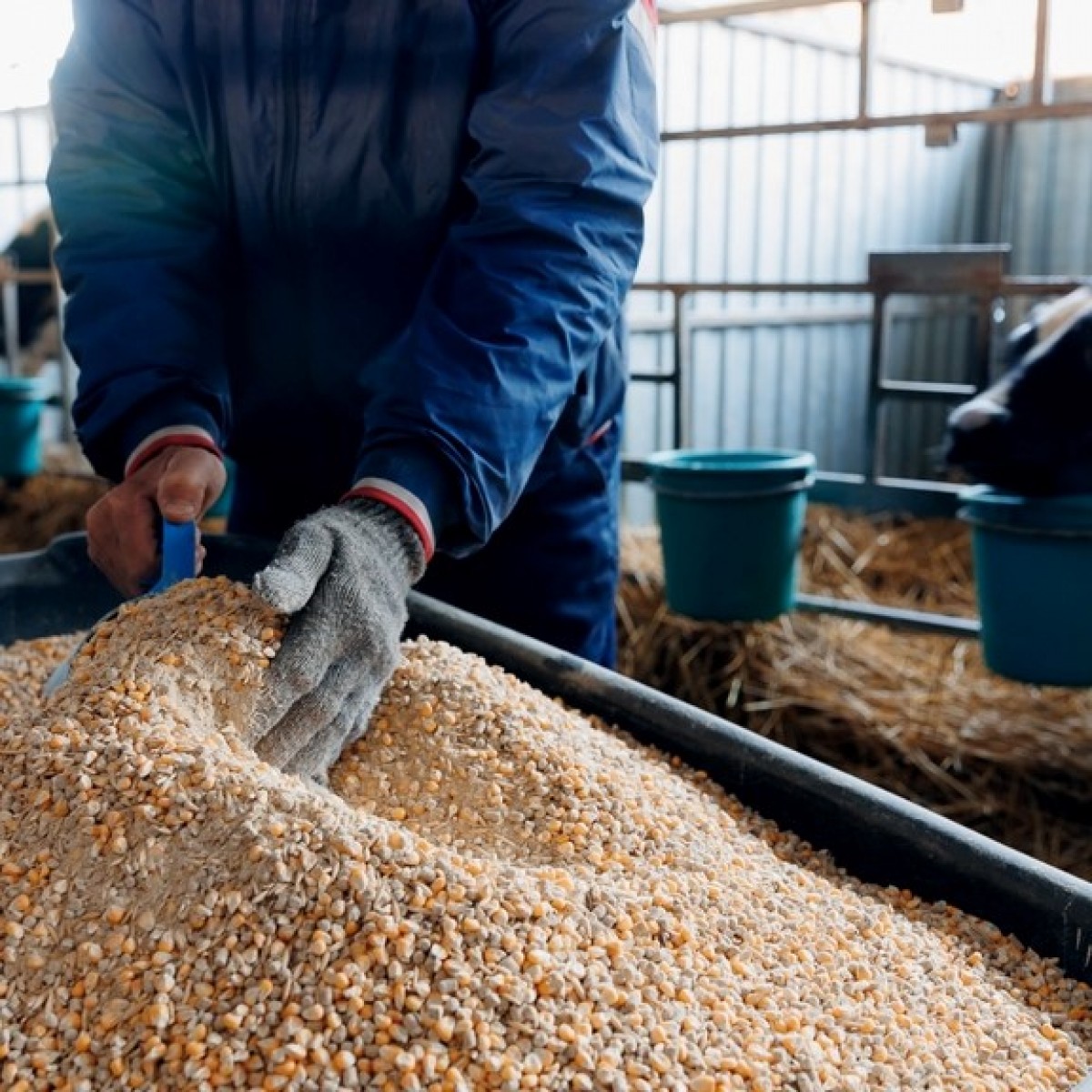
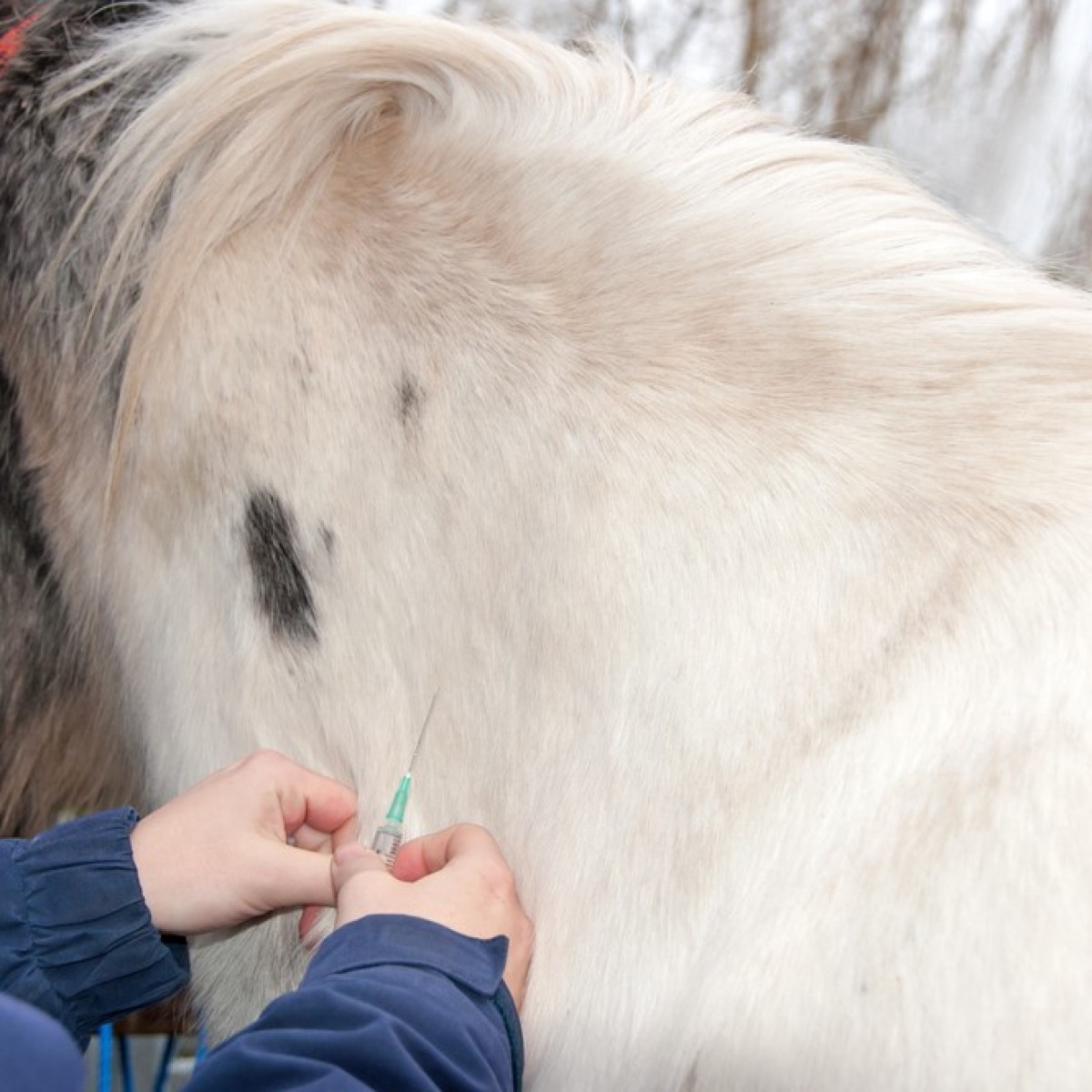
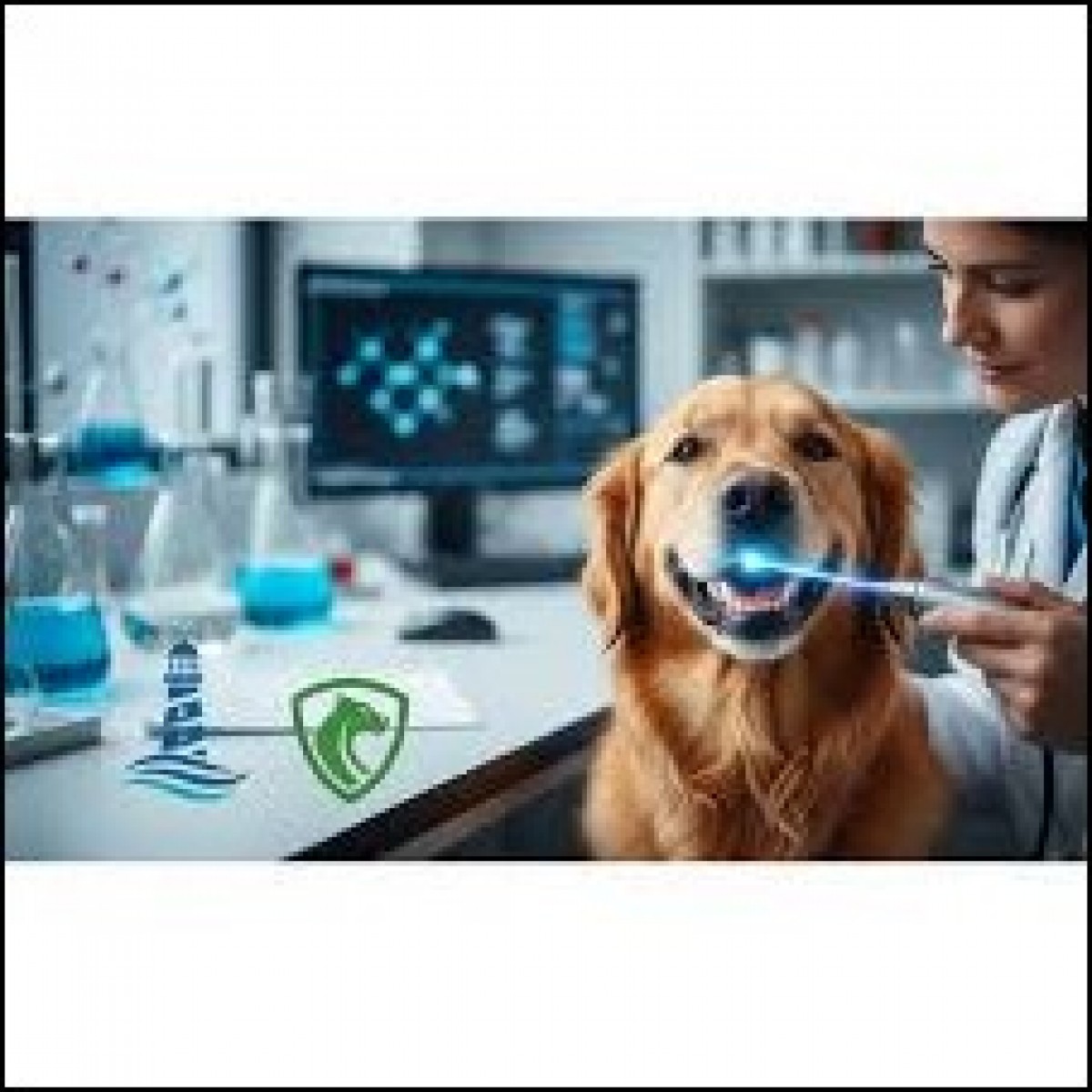

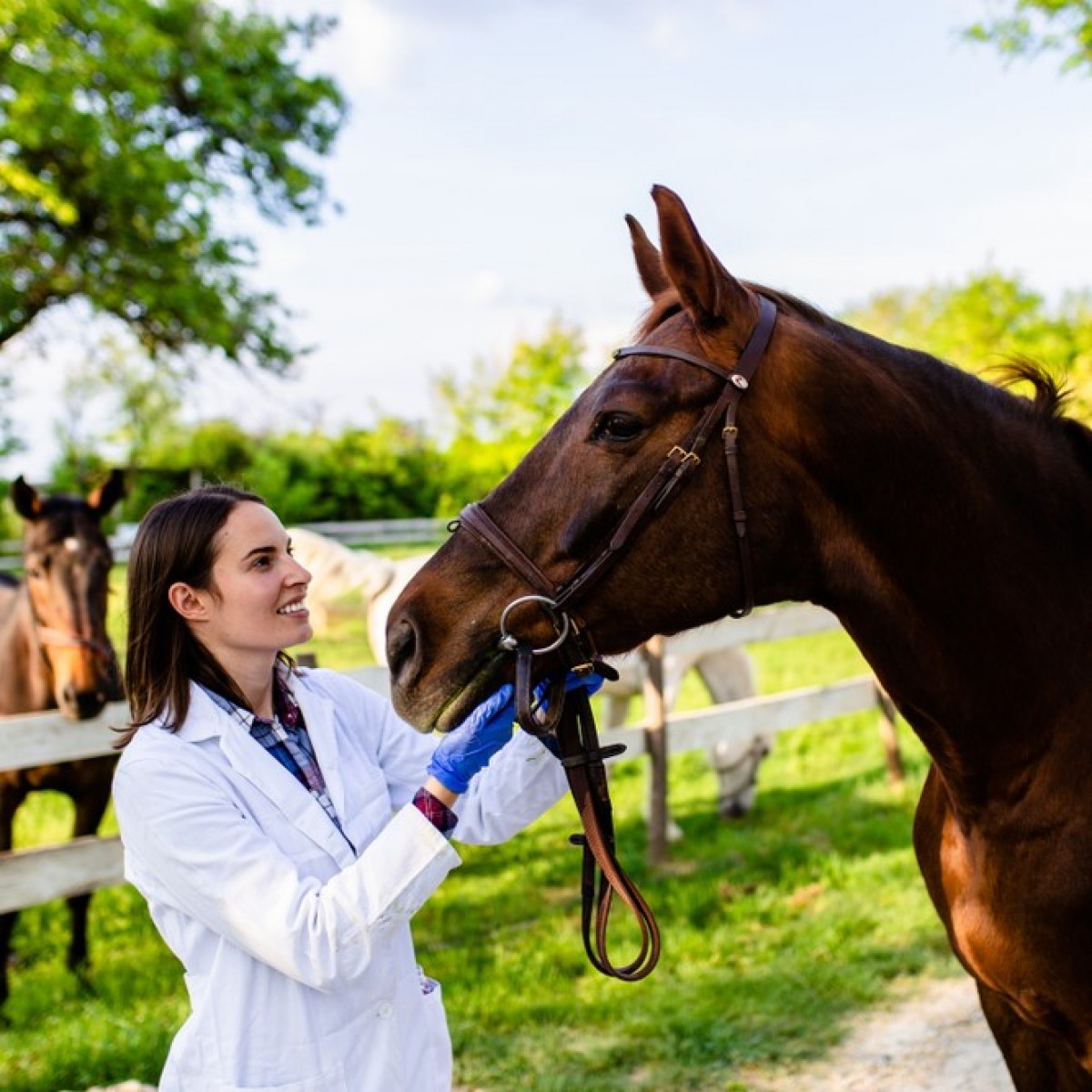
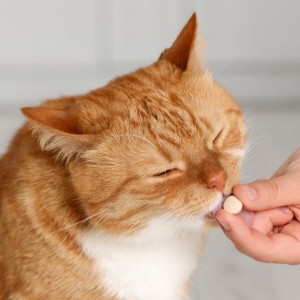
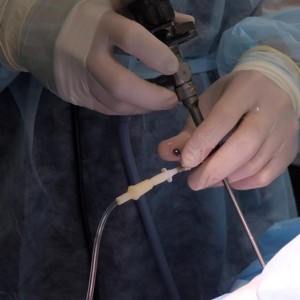
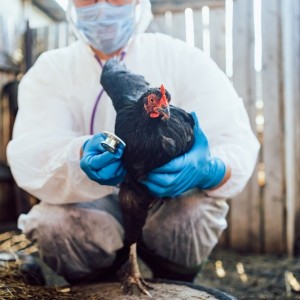
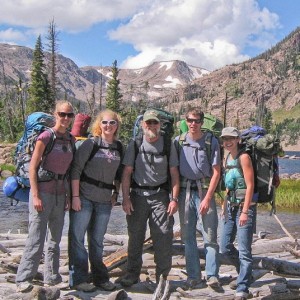
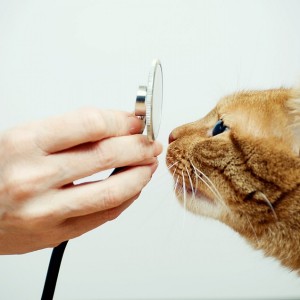

List
Add
Please enter a comment